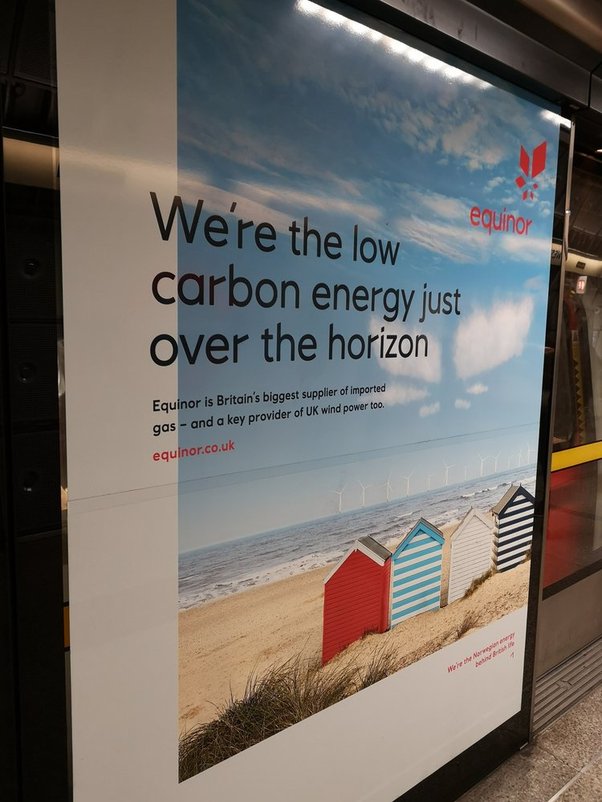71% of Reform-leaning voters favour higher taxes on big polluters like oil and gas firms to fund climate action
Following Labour’s dramatic losses to Reform UK in last week’s local elections, and anti-net zero plans announced by the latter this week, new polling shows that the majority of Reform voters are worried about the impact of climate change and support higher taxes on oil and gas firms to fix climate damage.
Campaigners say the poll reveals climate action is popular and that politicians from all parties should take local climate protections seriously – or risk seeing their electoral chances severely dented. The polling, conducted by More in Common for Global Witness, showed that:
- Two-thirds of UK adults are worried about increasing damages from extreme weather and other climate change impacts, such as sea level rise and crop failure
- The majority of people who would vote Reform tomorrow agree that oil and gas companies are responsible for repairing the damage caused by climate heating in the UK
- 71% of Reform-leaning voters support higher taxes on big polluters like oil and gas firms to fix the damage caused by global heating, such as from storms, flooding and drought
- 67% of Reform-leaning voters say they are worried about increasing damages caused by climate damage
- Given a list of major industries, oil and gas was beaten only by social media firms as the most disliked by the UK public
The results from the poll follow recent news that Reform-leaning constituencies are some of the most at-risk from climate impacts – eight out of 10 of England’s most flood-prone constituencies are projected to elect a Reform MP at the next general election.
Flossie Boyd, senior campaigner at Global Witness, said: “This poll sends an important message to all parties. Regardless of age, postcode or gender, people across the country take the threat of climate change seriously, and want action to fix it.
“Interestingly, despite Reform leaders’ vocal opposition to climate action, the poll reveals that most Reform-leaning voters are worried about climate change, and a huge proportion want to see the firms and individuals most responsible for it taxed more.
“Politicians who want to protect communities and win over voters should take notice – we need investment to prepare for climate risks like flooding and storms, and we need the costs to be borne by big polluters raking in billions.”
Recent research by Global Witness shows the costs of climate breakdown in the UK come to an estimated £3,000 per household in 2025 alone.
Rising global temperatures, primarily driven by fossil fuel pollution, are on track to cause an estimated £1.1 trillion-worth of damage to the UK’s economy over the next decade, according to the analysis.
The UK's climate damages bill includes the economic costs of flooding, crop losses, sea level rise, droughts, storms, disruption to overseas trade, and harmful impacts on public health that result from human-caused global heating.
Oil and gas companies have made an average of £5 billion profits from their UK production every year for the last 30 years, according to analysis of Rystad Energy data by Global Witness.
Campaigners say the industry can afford to help compensate for the climate damage it’s causing. Although the UK’s oil fields are old and in terminal decline, a proportion of the remaining revenues could be used to help workers in high-carbon industries transition to green jobs and to support communities hit by climate damage.
Notes to editors
All polling figures are from More In Common. Total sample size was 2,058 adults. Fieldwork was undertaken from 18 to 21 April 2025.
Respondents were UK adults, weighted according to age/sex interlocked, region, ethnicity, education and vote in the 2024 General Election.
Loyal Nationals are the segment developed by More In Common to understand the those in the British population who are proud of their country and patriotic about its history. Their top priority is immigration, and most recent polling shows 43% of Loyal Nationals voting Reform, the highest of any of the seven segments.


